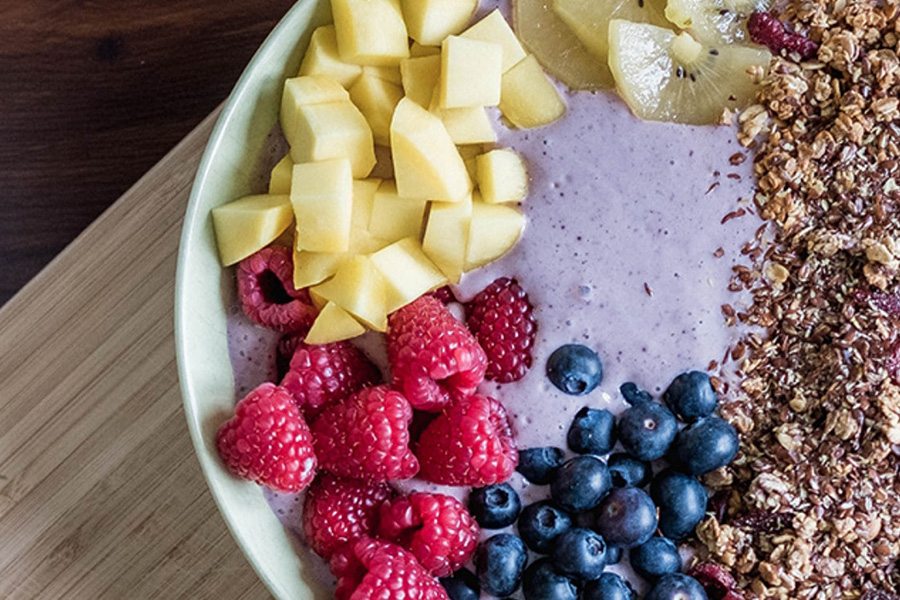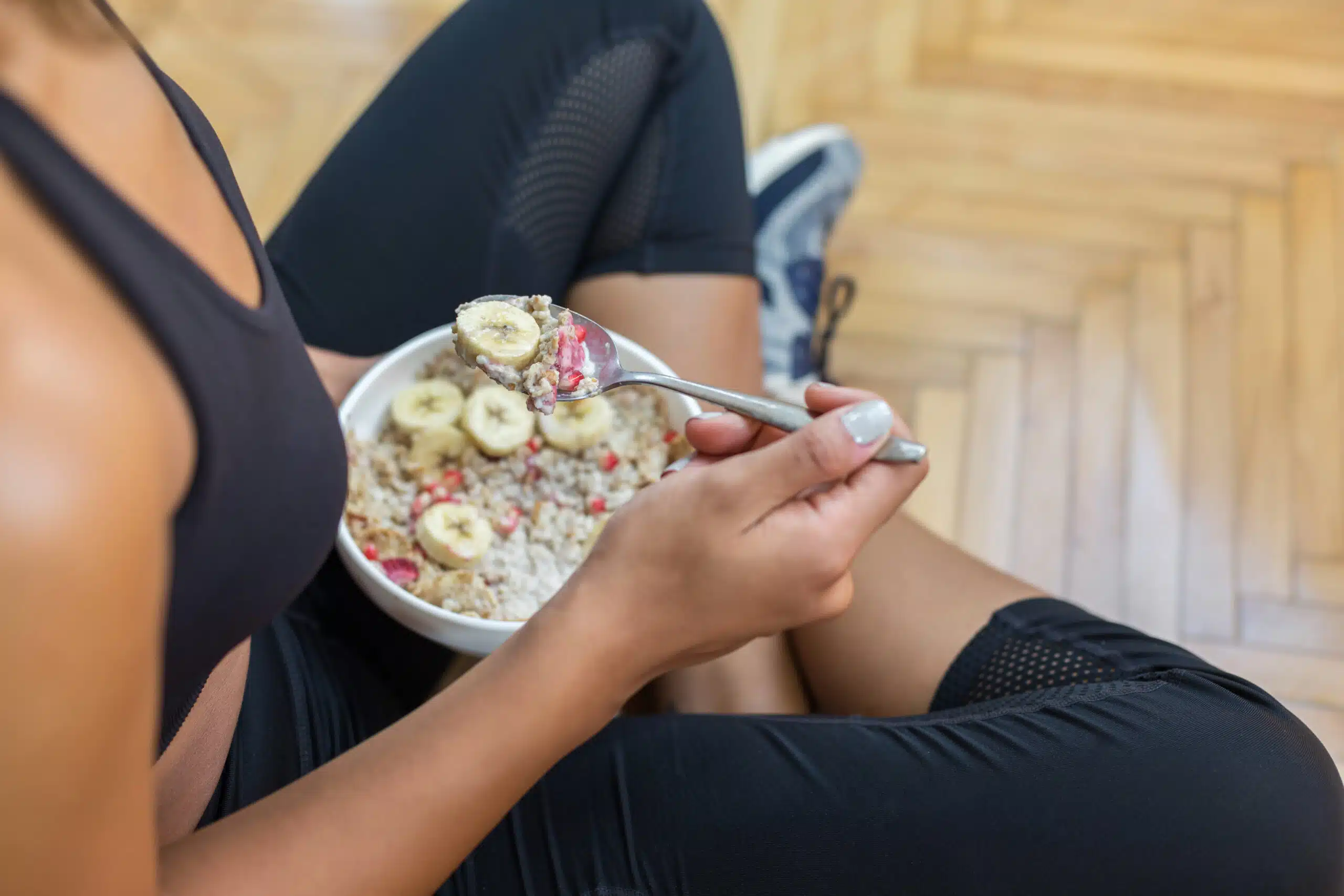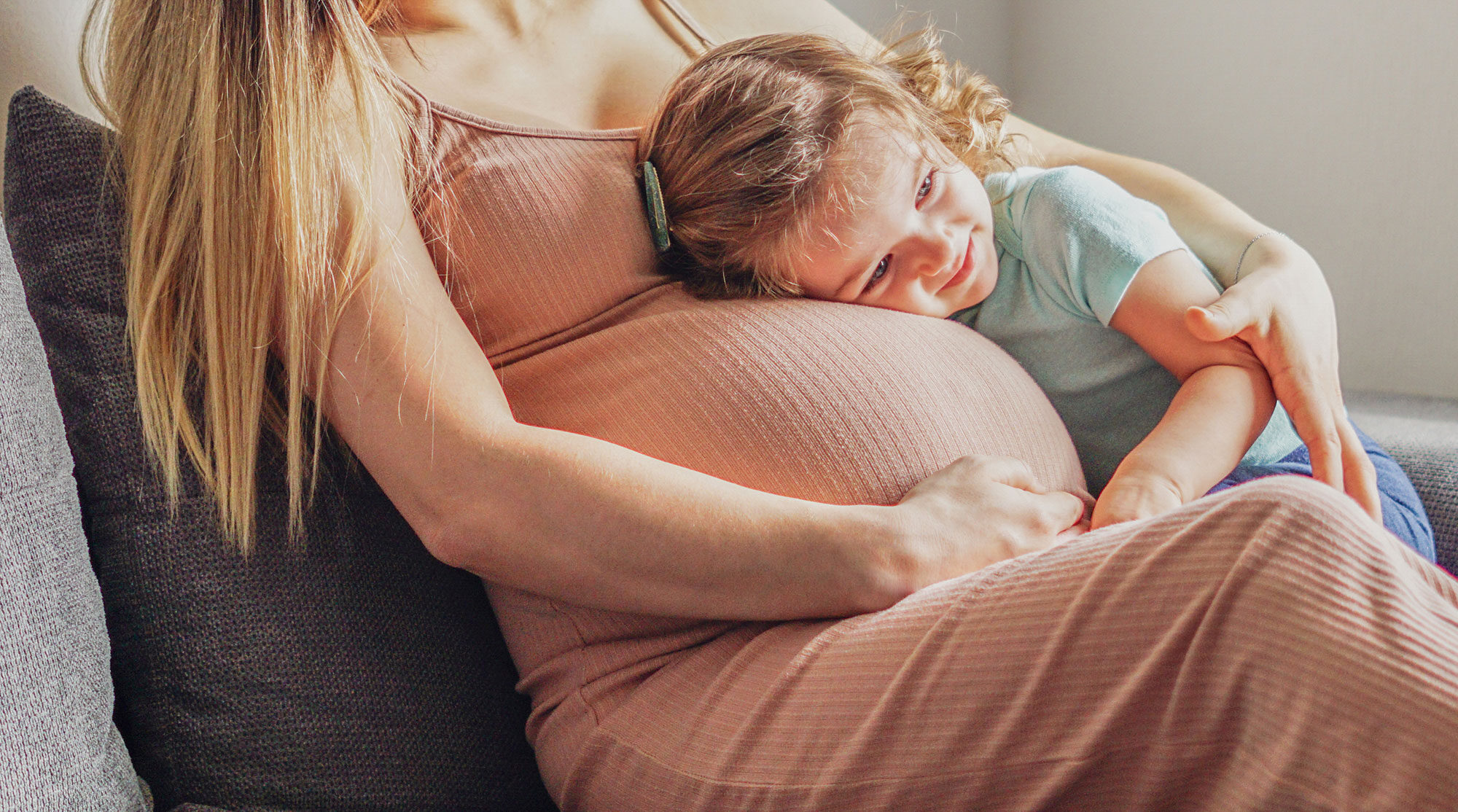Diet during the individual phases of the cycle
When our body or soul is out of balance, we may experience discomfort during the cycle. Nutrition has a great influence on the cycle and...
Von: Anne Alexander

When our body or soul is out of balance, we may experience discomfort during the cycle. Nutrition has a great influence on the cycle and possible problems, such as menstrual cramps or PMS (premenstrual syndrome). In each cycle phase, your body has different needs. With the right choice of food, you can positively influence your body and your hormonal balance.
The individual cycle phases
Menstrual phase
In this phase of the cycle, the uterine lining and the overall hormone levels are low. Menstruation costs the body a lot of energy and is often accompanied by a loss of nutrients. Healthy fats are ideal for your body during this time. They are found primarily in avocado, olive oil, and salmon. You should also include foods high in vitamin A, such as carrots, sweet potatoes, and broccoli in your diet. Vitamin A helps the liver process hormones.
Follicular phase
In the second phase of your cycle, your body is preparing for a possible pregnancy. Hormone levels gradually rise and many women feel energetic and full of drive. Your body needs more probiotic foods, such as kombucha or yogurt, to help it process hormones. You should also include plenty of proteins, vegetables and grain products in your diet.
Ovulation
During the fertile phase, the hormone estrogen doubles. The two days before ovulation is the time when the probability of conception is highest. During this phase of the cycle, your body does best on a diet high in fiber and antioxidants. You should make sure to include plenty of fruits and vegetables in your diet, especially calcium-rich vegetables like broccoli or arugula are recommended.
Luteal phase
The end of the ovulation phase is characterized by high progesterone levels, as the body prepares for the implantation of a fertilized egg. If fertilization does not occur, the hormone level drops again, causing the typical mood swings before the period. In the premenstrual phase, you should pay attention not only to magnesium but also to B vitamins, because these have a positive effect on mood and nerves. Quinoa, legumes, oatmeal and green leafy vegetables are good sources for this.
If you suffer from migraines and cramps during menstruation, you should already pay attention to a magnesium-rich diet with nuts, pumpkin seeds, legumes, and whole grain products the week before your period. Enjoy a healthy diet!




